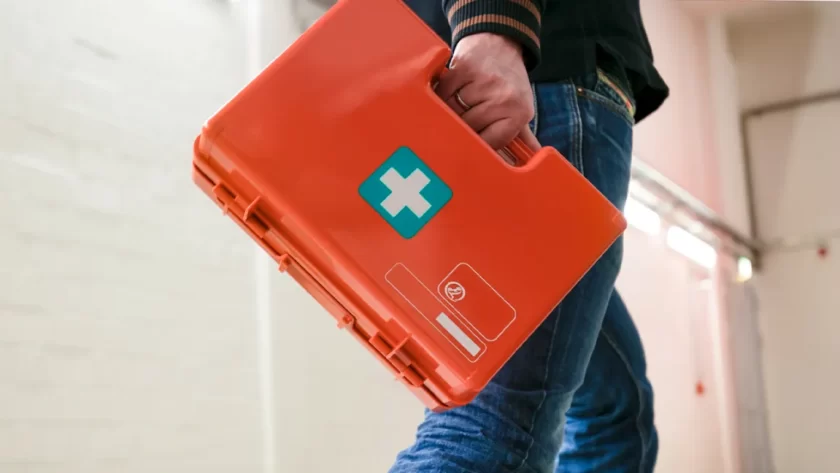As the appointed first-aid officer of your office, the factory floor or indeed another type of workplace, it can often feel as if there is too much to remember alongside your regular roles and responsibilities.
So, with this in mind, continue reading to learn of the four most important things to remember as a first-aid officer.
-
Never Stop Learning
The topmost thing to always bear in mind as appointed first-aider is to ensure your knowledge and awareness is as up to date as possible.
Your employer will more than likely enroll you upon various refresher courses and training days throughout the year, but as a responsible first aider you should also take it upon yourself of any changes and the latest related news.
-
Your Core Roles
Naturally, if there is a person in distress and you know that you can do something to help, there is no way you, or indeed any other empathic human being, could simply walk away.
However, as appointed first-aid officer, you should remember at all times what is your responsibility and what could be considered potentially problematic, either for the patient or for yourself and the company you work for.
Essentially, the following first-aid procedures are at the heart of all duties belonging to a qualified first aider:
- Casualty Safety
- Recovery Position
- Securing Fractured & Broken Limbs
- Incident Management
- CPR (Cardiopulmonary Resuscitation)
- Pressure & Elevation Techniques to Stop Bleeding
-
Check the Supplies Yourself
Even if the office first-aid cabinet and green boxes are the responsibility of someone else within the organization, as the nominated first aider, you should certainly take it upon yourself to ensure everything is in order, present and correct in each location.
One of the best ways to make sure that you will always have absolutely everything you need at all times is to speak to your office manager about ordering a bulk first aid supply. This way, not only will you always be prepared, but bulk-buying will probably gain you substantial discounts too.
-
Follow the Guidelines Exactly
In different situations, there are obviously different sets of rules and actions a first aider must follow, but when it comes to any incident you find yourself confronted with, either in the workplace or at home, these guidelines always apply:
It is crucial to assess the situation in a timely yet calm manner, paying special attention to the determined cause of the incident and whether or not the individual is in imminent danger. As the nominated first aider, both the patient and your colleagues will all be looking to you to take charge and be in control of the situation. If you cannot handle this, then you need more training or for someone else to be in this role.
If you find yourself entirely unable to safely and secure the scene, for example in the event of a fire or other serious incident, then you must lead everyone to safety whilst calling the emergency services. This ability to work under pressure and to be an effective leader in times of crisis is the most important attribute of any first aider.




